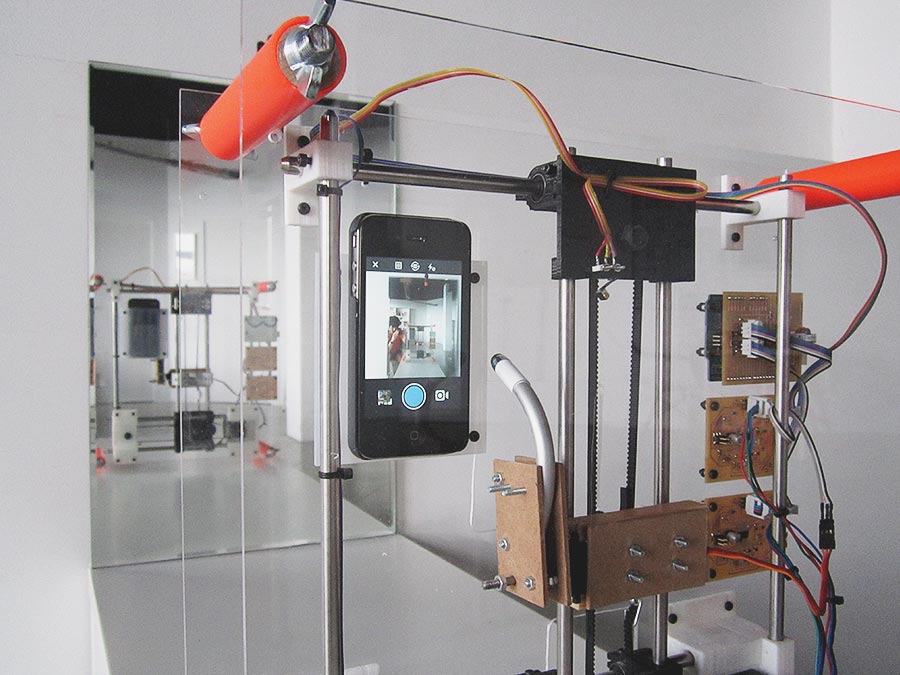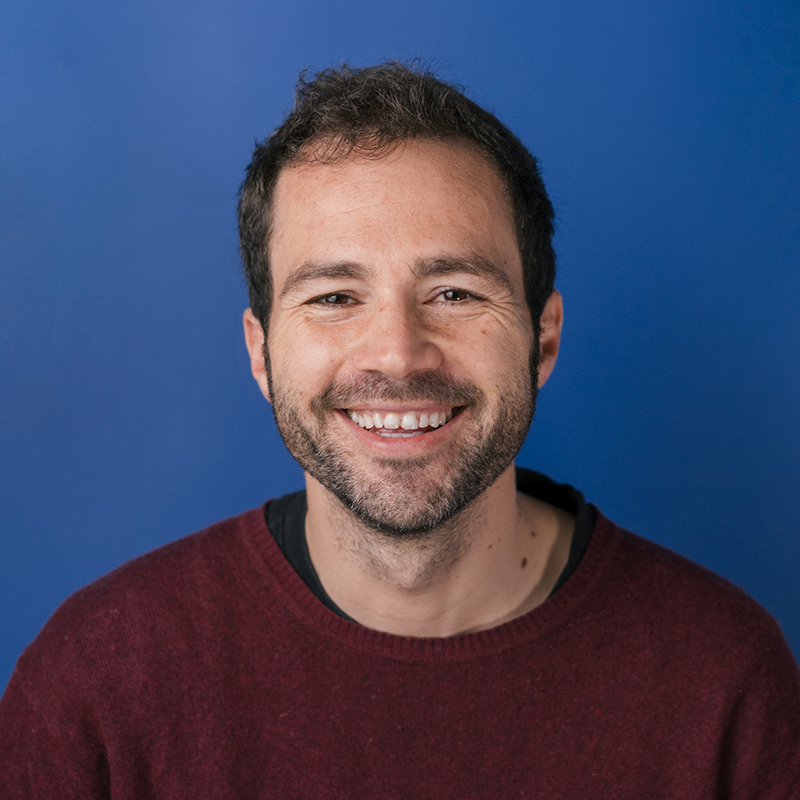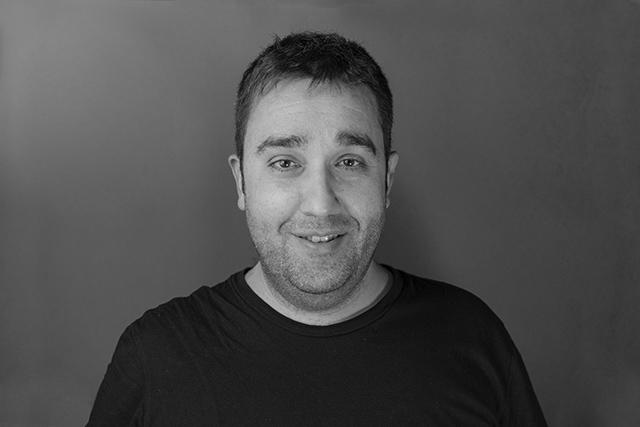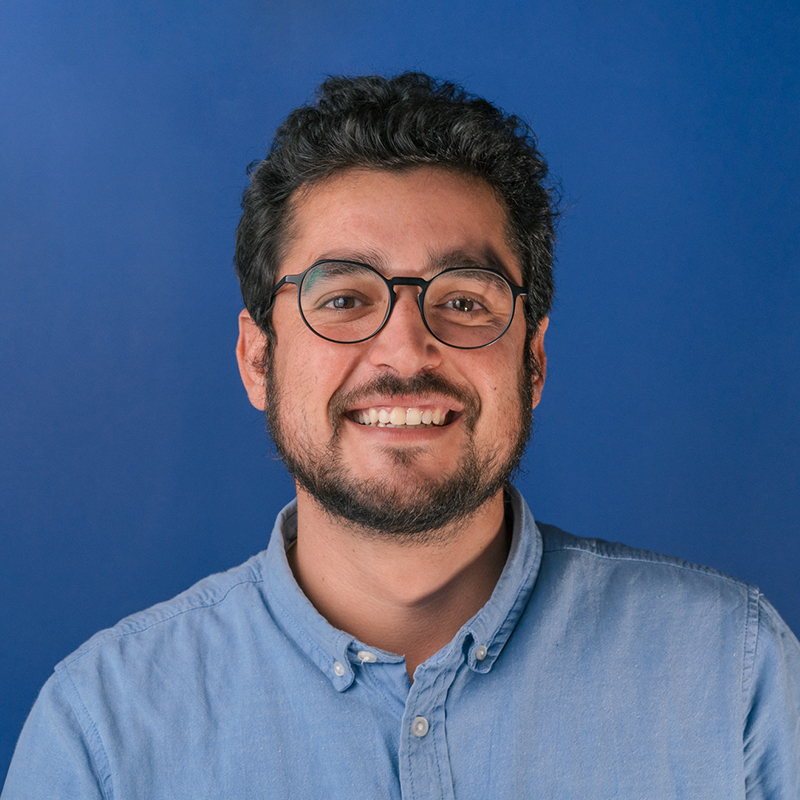Syllabus⇝
Fab Labs and advanced manufacturing infrastructure are making accessible for any citizen to make anything anywhere while sharing it with global networks of knowledge, which allows accelerating design, development and deployment processes for new products to be born. Traditional planning and urbanism are being disrupted by the acceleration of technology and the dynamic transformation of society during the last half century; it is important to rethink how we make things and why, and generate active and practical conversations through projects and prototypes that become manifests itself.
Bits<>Atoms is a practical and intensive one-week training program and a broad-reaching introduction to the Fab Lab environment. It has been designed to fill knowledge gaps and aimed to prepare students to succeed and improve their experience during Fab Academy.
During this workshop, we will be going over the basic skills needed to design, develop and fabricate almost anything in a Fab Lab, as well as how to manage the resources necessary to its proper operation.
Our active learning methodology is based on the practice of small exercises, designed to encourage the creativity and imagination of the participants, as well as stimulate the search for tools and solutions for their correct definition.
The week provides the tools and skills for launching your ideas into the future of digital fabrication and distributed manufacturing. We will offer an impact experience, seeking to inspire and motivate the participants to use the possibilities of digital manufacturing and technologies to prototype, design, fabricate and program an “honest” mechanical artefact that “makes” something.
Deliverables⇝
“honest” mechanical artifact (1 input + 2 output + replicable + 2 differents fabrication process)
Faculty⇝
Santiago Fuentemilla Garriga , is Master degree in Architecture and postgraduate in digital fabrication and rapid prototyping (Fabacademy). He accumulates more than 15 years of experience in studios (OPR, FHAUS, OPERA, Brullet de Luna associats), designing multidisciplinary projects at an international level. Since 2013 he is part of the IAAC - Fab Lab BCN team, as coordinator and leader of Future Learning Unit (FLU), an area of research, design and implementation of innovative educational models that promote growth, learning and creativity to generate opportunities to achieve the goals and challenges of uncertain futures. FLU participates in private and EU funded research projects such as TEC-LA, Shemakes, Ruractive, DOIT, Phablabs 4.0, Creative Minds, among others. He is director of the global academic programs Fab Academy and Fabricademy, in the Barcelona node, executive board of Fab Learning Academy, and faculty of the Master in Design for Emergent Futures (MDEF) and The Master in Design for Distributed Innovation (MDDI).
Xavier Domínguez is a multimedia engineer, action researcher at Fab Lab Barcelona, lecturer in the Master in Design for Emerging Futures at IAAC-Elisava and global instructor in the Fab Academy programme led by Neil Gershenfeld at MIT’s Center for Bits and Atoms (CBA). Since 2017 he has focused his entire professional career on researching methods and tools to accompany people in developing competencies and skills for life through creativity and innovative use of technology under the principles of circularity, sustainability and equity. Xavier is involved in private and EU-funded research projects such as TEC-LA, which measures the impact of introducing maker project-based learning for the development of STEAM competences, skills and knowledge in primary school students, DO IT, on entrepreneurship and social innovation for young people, PHALABS 4.0 which links photonics research and its practical application in the Fab Lab, POP-MACHINA which aims to demonstrate the power and potential of the maker movement and collaborative production for the circular economy of the European Union or SHEMAKES which aims to empower future innovators of the sustainable fashion industry through inspiration, skills and networking.
Eduardo Chamorro is an architectural technologist, additive manufacturing expert and researcher, focusing on digital fabrication, materials, robotics and emerging technologies.
He is currently a PhD candidate at Swinburne University (Melbourne, Australia) in High performance composites additive manufacturing for architecture.
Works as faculty and researcher at FabLab Barcelona & IAAC (Institute for Advanced Architecture of Catalonia) in Barcelona, Spain as faculty in the Master in Design for Emergent Futures (MDEF), Master for Advanced Architecture (MAA), Master in Advanced Ecological Buildings (MAEB), 3D Printing in Architecture (3DPA), FabAcademy at IAAC FabLab Barcelona. For him, working in a multi-scalar environment must be the priority of architects nowadays. His research focuses on the implementation of additive manufacturing technologies along different architectural scales imaging multiple processes and materialities.
Eduardo holds a Master's Degree in Architecture from CEU San Pablo University (Spain), a Fab Academy diploma in Digital Fabrication offered by the Fab Lab Network and a Master's Degree in Advanced Architecture from IAAC (Spain), with a specialisation in digital fabrication, materiality novel design methodologies. He holds as well a Spanish architectural licence.
Moreover, he has worked as Fab Lab Seoul director, researcher at several architecture studios, professor of computational design and fabrication at CEU University and advisor for various architecture collectives. He is also a regular collaborator at Fab Lab Madrid. He is always seeking innovative architecture that attempts to solve and adapt to social needs. He has also been a tutor for the Master of Science in Computational and Advanced Design (MSc CAD) at Design Morphine - UACEG (University of Architecture, Civil Engineering and Geodesy).



